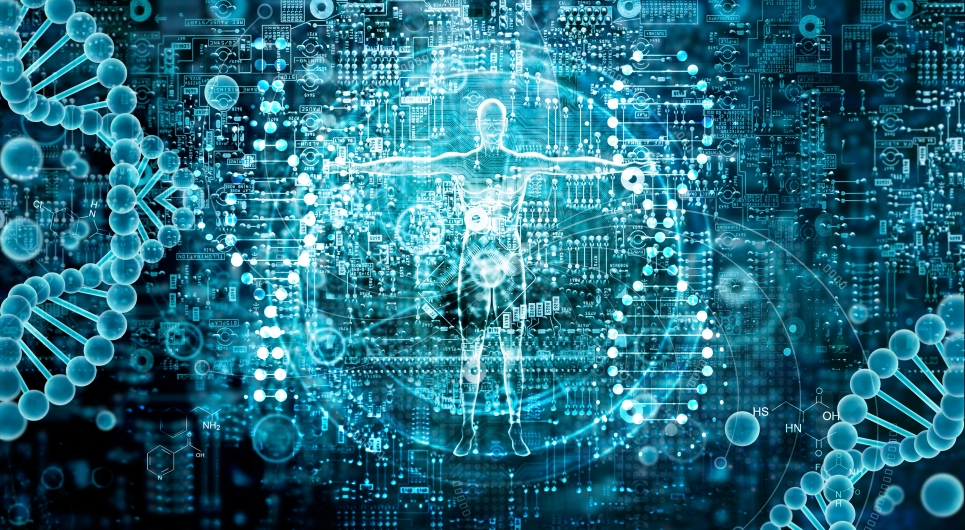
How Deep Learning and Life Science Could Advance Each Other
Abstract: As we are moving toward next-generation artificial intelligence (AI), namely artificial general intelligence, we aim to not only understand the features of our life organisms better but also try to leverage those advatgeous features to advance current AI machines. This presentation will involve some specific recent endeavors of my team along this synergistic two-way street between AI (e.g., deep learning) and life science (e.g., biomolecule and neuroscience). First, I will talk about a recent topic in deep generative models named Deep Graph Transformation for network-structured datasets: given a source graph, we want to infer a target graph based on their underlying global and local transformation mapping. Deep graph transformation could be highly desirable in many promising applications on network synthesis, such as chemical reaction simulation, brain network modeling, and protein design and structure prediction. By enhancing the transparency of such transformation mapping, we could further distill new knowledge and patterns for domain experts on the graph transformation mechanism. Beyond this, I will also introduce our recent research on the opposite direction, which is to leverage advatagenous bio- mechiansms in order to guide deep learning models toward better intelligence and efficiency.
Bio: Dr. Liang Zhao is an assistant professor at the Department of Information Science and Technology at George Mason University. He obtained his PhD degree in 2016 from Computer Science Department at Virginia Tech in the United States. His research interests include data mining, artificial intelligence, and machine learning, with special interests in spatiotemporal data mining, deep learning on graphs, nonconvex optimization, and interpretable machine learning, as well as their applications broadly in life science, cybersecurity, and geo-information systems. He has published over 80 peer-reviewed full research papers mostly in top-tier conferences and journals such as KDD, ICDM, TKDE, Proceedings of the IEEE, TKDD, TSAS, IJCAI, AAAI, WWW, CIKM, SIGSPATIAL, and SDM. He won best paper awards such as Best Paper Award in ICDM 2019 and “Bests in ICDM” at KAIS journal. He was ranked as “Top 20 Rising Star in Data Mining” by Microsoft Search in 2016. He has also won several other awards such as Outstanding Doctoral Student in the Department of Computer Science at Virginia Tech in 2017, NSF CRII Award in 2018, and Jeffress Trust Award in 2019. He has been serving or co-chairing several prestigious venues such as Proceeding Chair of ACM SIGSPATIAL 2020, Sponsor&Exhibits Chair of SecureCom 2020, and Panel Chair of SSTD 2017, co-Chair of GeoAI at SIGSPATIAL 2019, and Co-Chair of DeepSpatial in ICDM 2019. He also regularly serves as TPC/reviewers of top-tier conferences and journals such as KDD, ICDM, ICML, IJCAI, WWW, AAAI, SDM, TKDE, TKDD, and KAIS. His research is funded by several grants from National Science Foundation, as well as grants from other agencies such as Bank of America and Nvidia.